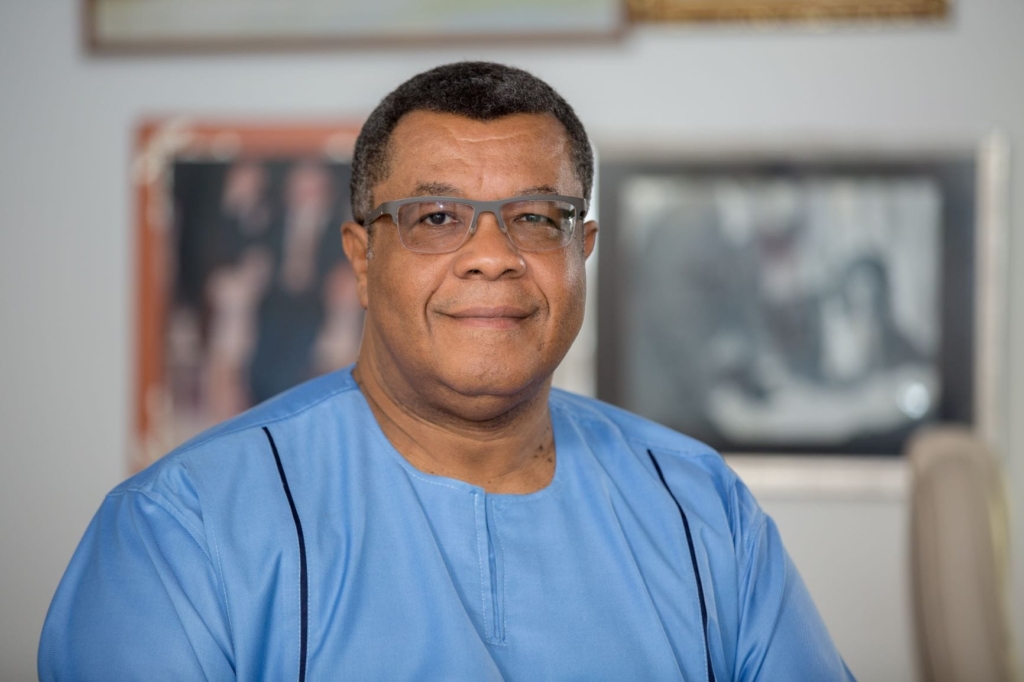Dear readers, imagine a nation standing at the crossroads of history, grappling with its past while striving for a better future. This is the poignant moment Ghana finds itself in as it commemorates the 46th anniversary of the June 4th uprising. In the midst of this reflection, a voice emerges, that of Goosie Tanoh, resonating with solidarity and a call for accountable governance.
The June 4th uprising holds a significant place in Ghana’s history, a pivotal moment that shaped the political landscape of the nation. It was a time of upheaval, a bold statement against corruption and a demand for transparency in governance. As Ghanaians look back on that momentous day, the echoes of the past reverberate with lessons for the present.
Goosie Tanoh, a prominent figure in Ghanaian politics, steps forward to offer his insights on the current state of affairs and the path that lies ahead. His message is not just a reflection on the past but a roadmap for the future, a vision of accountable governance that resonates with the aspirations of the Ghanaian people.
“We are at a critical juncture in our nation’s journey — a moment that calls for sober reflection, honest appraisal, and a renewed commitment to the ideals that inspired us 46 years ago.”
Tanoh’s words carry weight, drawing attention to the challenges that Ghana faces in its quest for accountable governance. He highlights the importance of transparency, integrity, and citizen participation in shaping a democratic society. His message is a call to action, urging both leaders and citizens to uphold the values that underpin a functional democracy.
As we delve deeper into Tanoh’s insights, we uncover a nuanced understanding of the complexities of governance in contemporary Ghana. He emphasizes the need for institutions that are robust and independent, capable of upholding the rule of law and ensuring accountability at all levels of government. His vision is one of a nation where public trust is restored, where leaders are held accountable for their actions, and where the voices of the people are heard and respected.
“Accountable governance is not just a slogan; it is a fundamental principle that underpins the social contract between the government and the governed. Without accountability, there can be no trust, and without trust, democracy falters.”
Tanoh’s message resonates beyond the confines of Ghana, speaking to broader trends in governance and accountability across the African continent. As nations grapple with issues of corruption, nepotism, and political instability, his words serve as a beacon of hope, a reminder that change is possible through collective action and a commitment to democratic values.
In conclusion, as we mark the 46th anniversary of the June 4th uprising, let us heed the call for accountable governance that Goosie Tanoh so passionately articulates. Let us reflect on the lessons of the past, envision a future guided by principles of transparency and integrity, and strive towards a Ghana where the ideals of democracy are not just aspirations but lived realities. The path ahead may be challenging, but with unwavering dedication and a shared commitment to the common good, Ghana can indeed reset its course towards a brighter, more accountable future.

